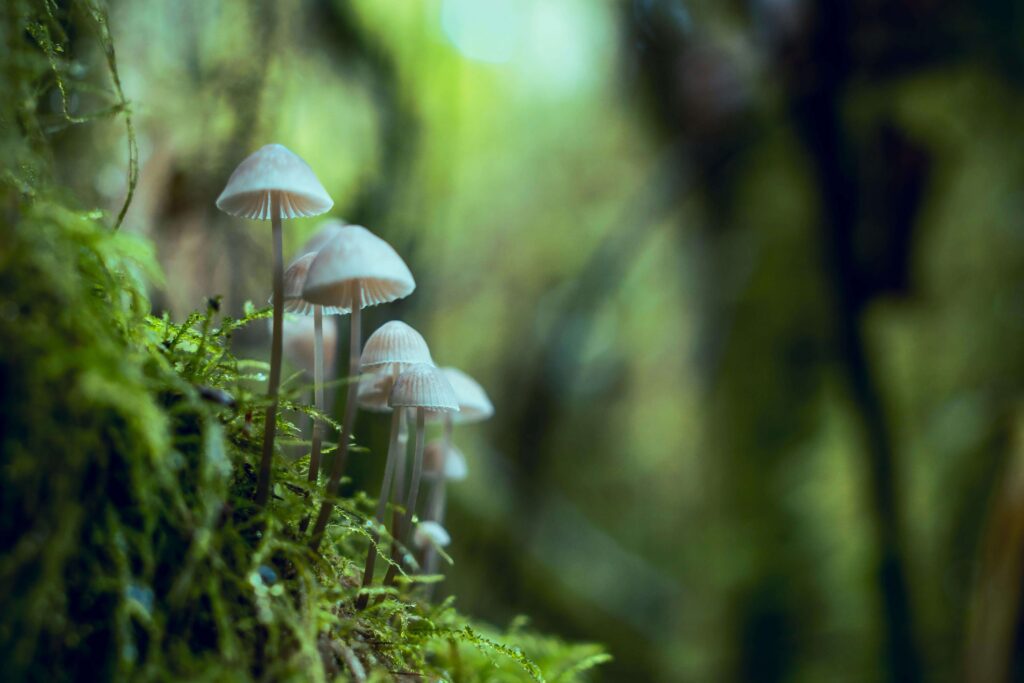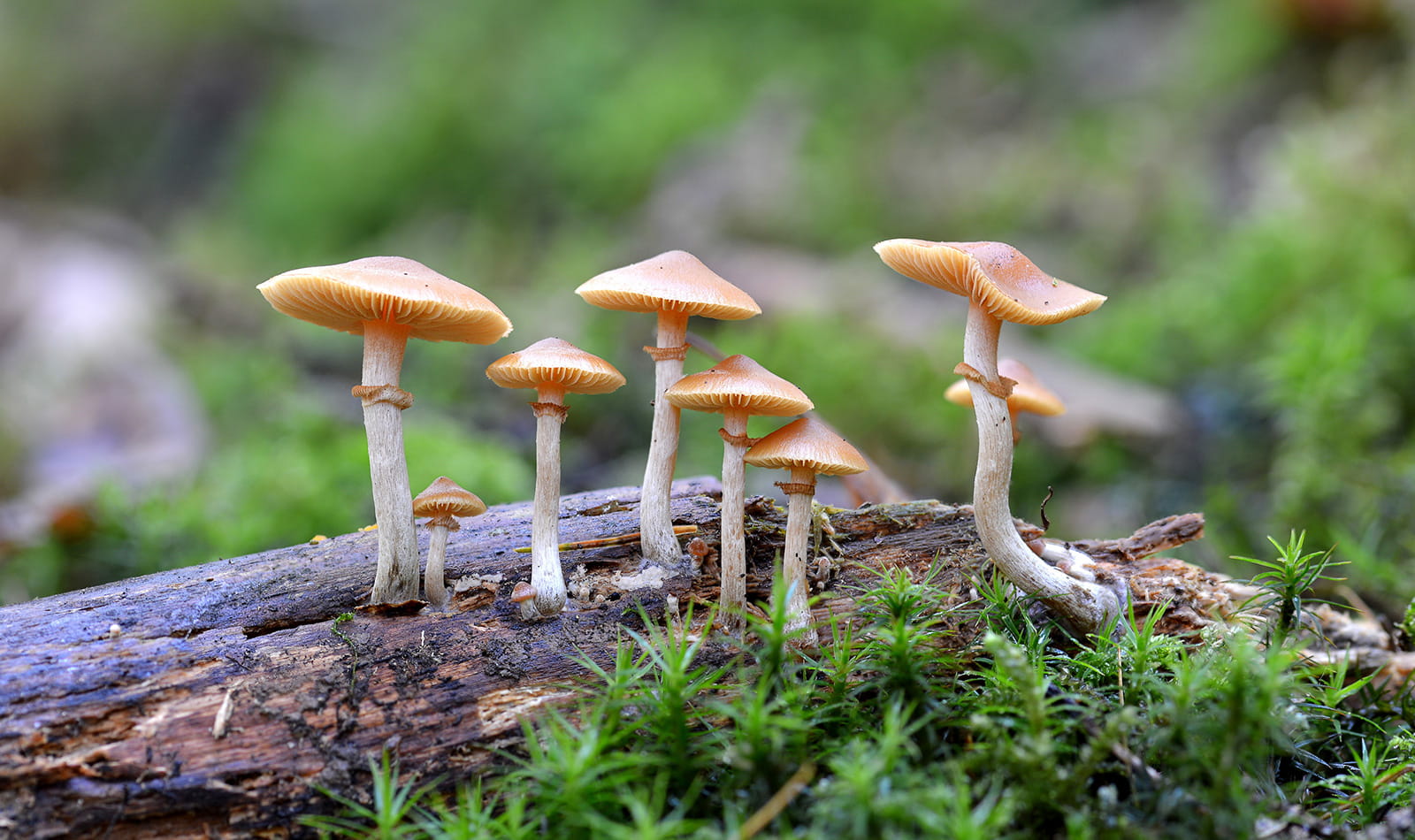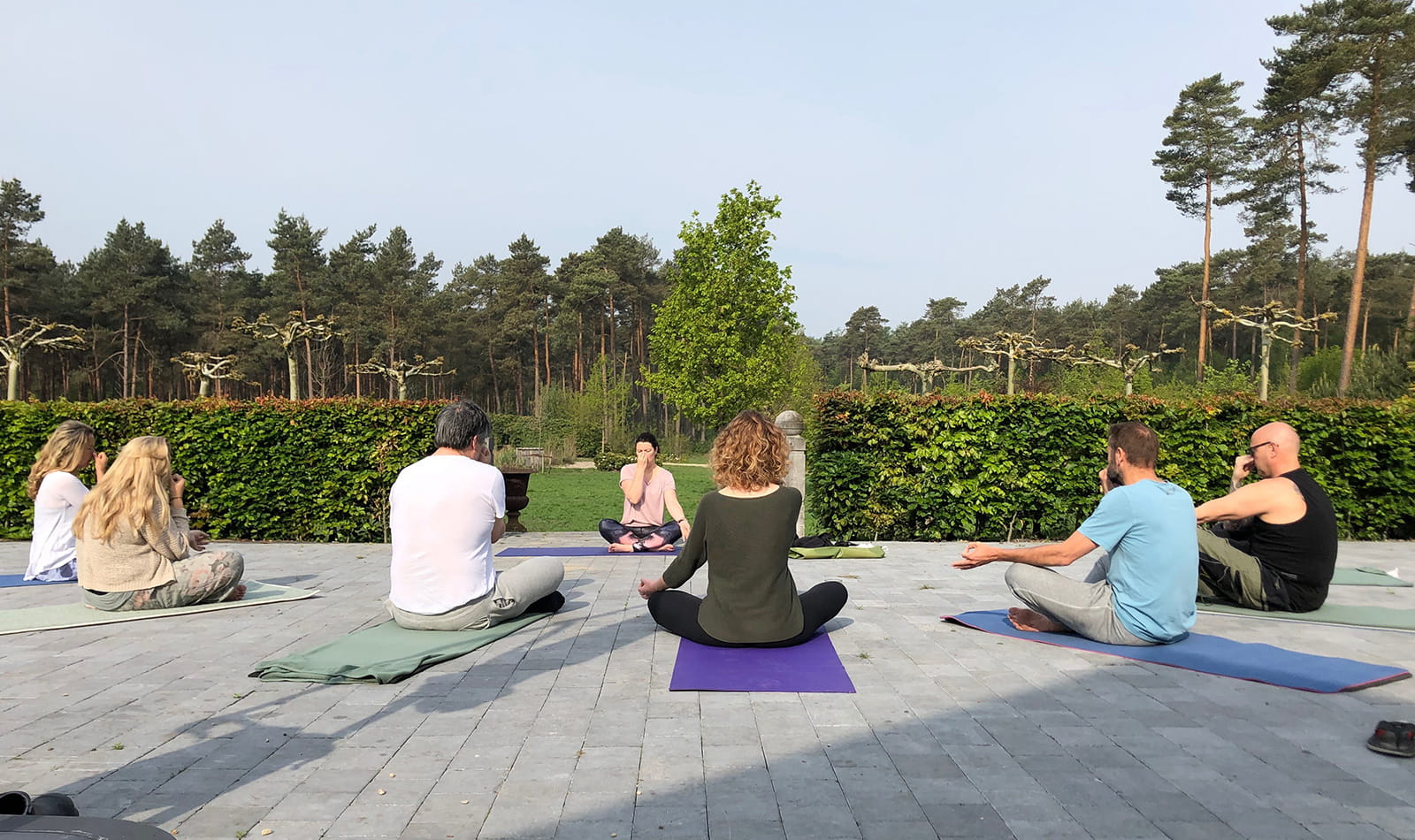With more individuals seeking alternative treatments for mental health issues and others venturing into spiritual or introspective experiences, understanding the science behind psilocybin is more relevant than ever.
In recent years, the curiosity surrounding psilocybin, the psychoactive compound found in certain fungi, has seen a tremendous increase.
This blog aims to demystify how psilocybin interacts with our brain and body, focusing on its potential benefits, especially within controlled environments, such as retreats.
Psilocybin and the Serotonin System
At the heart of psilocybin’s effects lies its interaction with the brain’s serotonin receptors. Serotonin is a neurotransmitter known to influence a range of functions in the body, including mood, perception, and cognitive abilities.
When psilocybin enters the bloodstream, it is converted into psilocin, a chemical very similar to serotonin. Psilocin binds to serotonin receptors, particularly the 5-HT2A receptor, which plays a crucial role in regulating mood, anxiety, and imagination. This binding action is thought to produce the range of psychedelic effects that users experience, from profound changes in perception to deep emotional shifts.
Enhanced Neural Connectivity
Research (1, 2) into the effects of psilocybin has revealed fascinating insights into how it affects brain connectivity. Brain imaging studies have shown that psilocybin increases connectivity across different regions of the brain, breaking down the usual networks that operate under ordinary consciousness.
This increased connectivity is believed to contribute to the sensation of ego dissolution many users report, as well as the complex visual hallucinations and altered sense of time.
The disruption of normative brain communication pathways may explain the potential of psilocybin in treating mental health disorders. By resetting the brain’s activity patterns, psilocybin offers a way to break the cycle of negative thoughts and behaviors associated with conditions like depression, anxiety, and PTSD.
“By resetting the brain’s activity patterns, psilocybin offers a way to break the cycle of negative thoughts and behaviors.”
Mental Health Implications
The implications of psilocybin’s action on the brain extend far into the field of mental health treatment. Controlled studies (1, 2) have demonstrated promising results in the use of psilocybin-assisted therapy to manage treatment-resistant depression, end-of-life anxiety, and addiction.
Patients have reported significant reductions in symptoms, sometimes after just a single session with the drug. The role of a safe and serene environment, as provided by retreat settings, cannot be understated in facilitating these experiences.
The model adopted by psychedelic retreats, such as the one described on our website, combines the intake of psilocybin truffles with supportive practices like meditation, yoga, and transformational breathing, creating an integrated approach to harness the full therapeutic potential of psilocybin.
Group retreats offer a structured and safe space to explore the psychedelic experience, with careful preparation and integration components ensuring participants derive lasting benefits.
Safety and Legality
Despite its powerful effects, psilocybin is considered one of the safest psychoactive substances when taken in a controlled environment and with proper guidance.
It is not addictive and has less physical impact on the body compared to other hallucinogens, such as ayahuasca.
The likelihood of nausea and vomiting is lower, and the duration of the experience is shorter, making it a manageable yet profoundly impactful experience.
Nonetheless, potential participants should be aware of contraindications and ensure they are adequately screened by retreat facilitators.
In the Netherlands, psilocybin truffles occupy a unique legal status, allowing for their use in retreat settings. This legality underlines the importance of selecting a safe and legal context for exploring psilocybin’s potential benefits.
Final Thoughts
The science of psilocybin offers a window into the complex interplay between brain chemistry and consciousness, revealing profound implications for mental health treatment and spiritual exploration. As research continues to unfold the potential of psilocybin, group retreats present a viable pathway for individuals to explore these benefits in a safe, legal, and supportive environment. With a deepened understanding of how psilocybin works in the brain and body, participants can approach their experiences with confidence and openness, laying the groundwork for transformation and healing.



